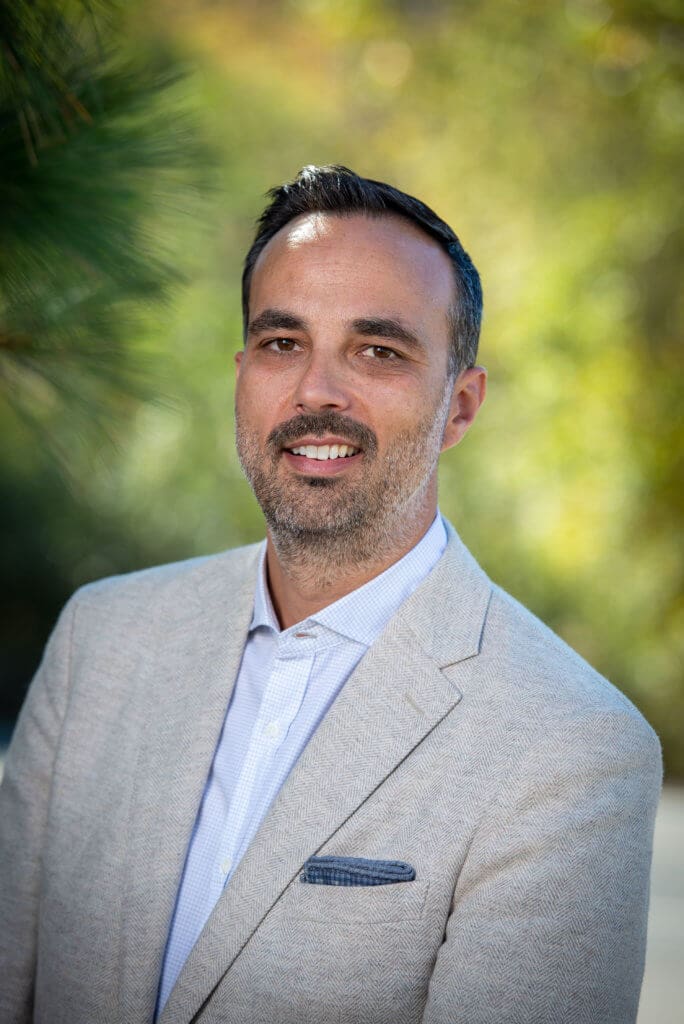News: In the News
Guest Opinion: Measure 17-99
Guest opinion: Measure 17-99 Renews Commitment To Students, Parents, and Community
By Aaron Ausland, CEO, Featured in the Grants Pass Daily Courier
 Over the last year, most folks have discovered a newfound empathy for parents and kids dealing with the impact of school closures. The reality of creating an effective learning environment was already challenging, from creating the physical space to meeting the technical needs of 21st-century education. As we breathe a sigh of relief that our kids are finally returning to school, they are returning to an infrastructure crisis we all must own. Measure 17-99 addresses this reality within our Three Rivers School District.
Over the last year, most folks have discovered a newfound empathy for parents and kids dealing with the impact of school closures. The reality of creating an effective learning environment was already challenging, from creating the physical space to meeting the technical needs of 21st-century education. As we breathe a sigh of relief that our kids are finally returning to school, they are returning to an infrastructure crisis we all must own. Measure 17-99 addresses this reality within our Three Rivers School District.
I am third generation born and raised in Josephine County. My grandfather was born in Selma in 1910, left to become an engineer at Oregon State University, and returned to Grants Pass to start a construction company in 1947. When my grandfather built many of the schools in the district, he wouldn’t believe that 60 years later, many of the same building systems and components would still be in service without major renovation or replacement. The average school in our district is over 60 years old. Two of our schools are over 100 years old. The fact is, many of the critical building systems and components in these schools were never designed to last this long. They are obsolete. They are so old they can’t be repaired. In other words, this isn’t a matter of mere maintenance, it’s a matter of stewardship and long-range reinvestment.
The impact is real. At Lincoln Savage, a septic drain field has reached the end of its service life, forcing constant septic tank pumping until a repair can be designed, complete DEQ approval and be implemented. That’s 6,500 gallons being pumped twice a week!
Days without heat? It’s not uncommon for many of our schools. In one instance, a broken boiler component was no longer in production and had to be custom-machined at a factory on the East Coast.
Water pouring through ceilings? It’s a regular occurrence at many of our schools as every rainy season, another roof fails. How about when the fire alarm system failed at Illinois Valley High School? Due to its age, it could not be repaired, and the fire marshal required a full-time dedicated staff member to perform fire watch. Due to the special nature of an institutional fire alarm system, this took months to resolve.
Over the years, on a number of instances, schools have had to close, involuntarily, due to a failing building system or component. These are not mere deferred maintenance issues, but instead obsolete building systems and components that can’t be fixed and require major capital reinvestment.
The functional needs of schools today are different than when they were built over half a century ago. HVAC systems that must contend with our “smoke season,” as we’ve come to call it, were not a thing. COVID-19? Not in the design, either. Times have changed; so must our buildings.
Security needs are also different. In 1963, schools didn’t consider the difficult realities of a potential “active shooter.” Modern schools are designed from the ground up to consider such issues. Needed funding will in part fund retrofits of elements such as secure corridors and access control to address these needs and keep kids safe.
Oregon’s funding model requires local communities to pay for capital infrastructure. Don’t be fooled by the argument that our administrators will “pull a rabbit out of a hat” to solve this issue. I have heard several misguided, anecdotal stories that schools always seem to find needed funding. While there are occasional state programs that fund “earmarked” capital improvements, such as seismic retrofitting or expansion of early education, such funding is finite, and at the whim of legislators in Salem. It is not, and never will be, a comprehensive answer to our capital infrastructure funding needs. And the suggestion that the federal COVID-19 relief funding is the answer lacks an understanding of the purpose and constraints of those funds. It is up to us locally. Sitting around and doing nothing, hoping Salem or Washington will save us, is not only misguided, it’s against our character as a community.
It’s been 20 years since we passed an infrastructure levy for the district. It is time to reinvest. With the 2001 bond expiring and falling off our tax bills, now is the time to renew our commitment to the kids, parents, and our entire community that rely on our public facilities.
It’s time to get kids back in school: open, safe, and future-ready! I urge you to vote yes on 17-99.
Krissy Selven | May 17, 2021






 Facebook
Facebook LinkedIn
LinkedIn